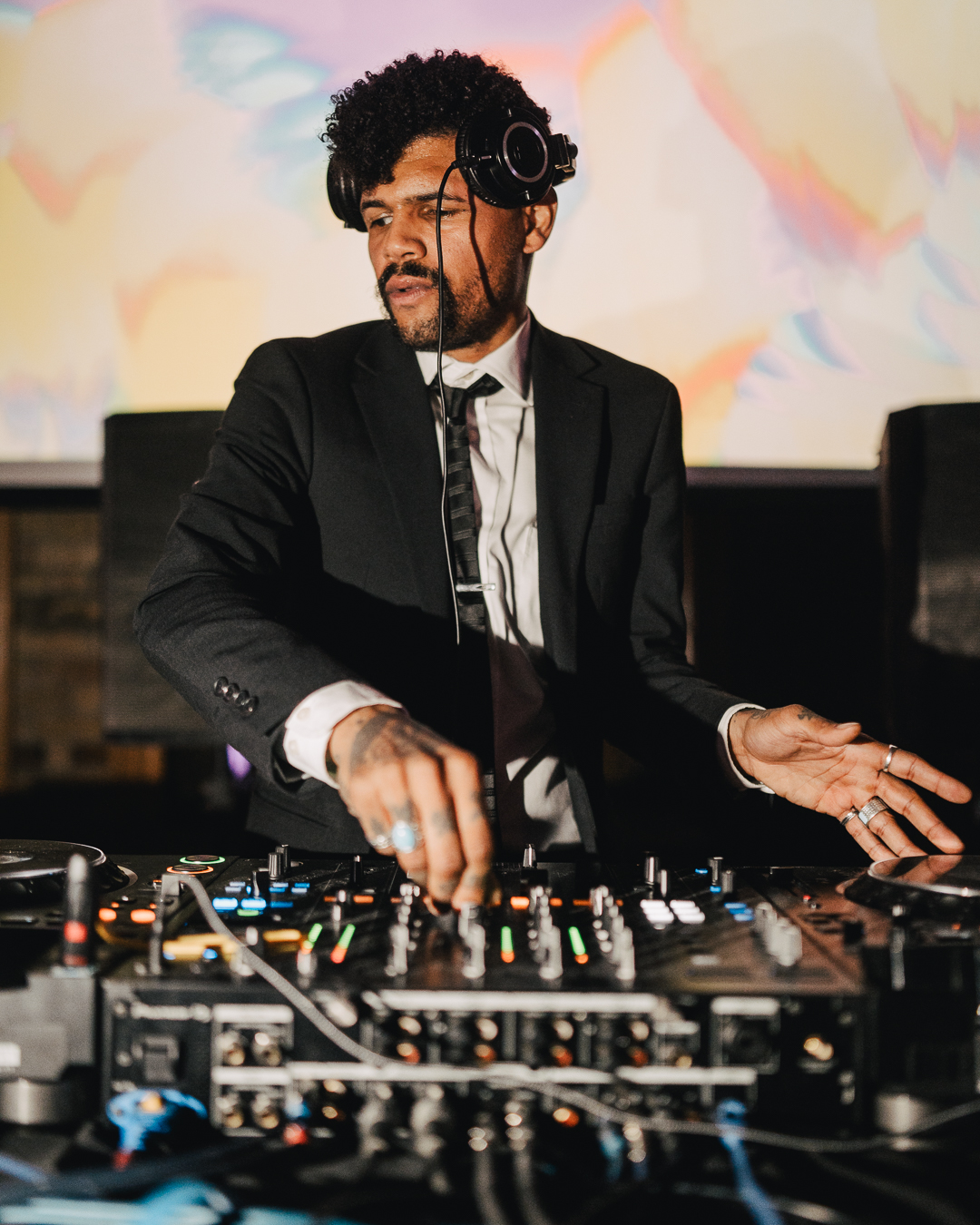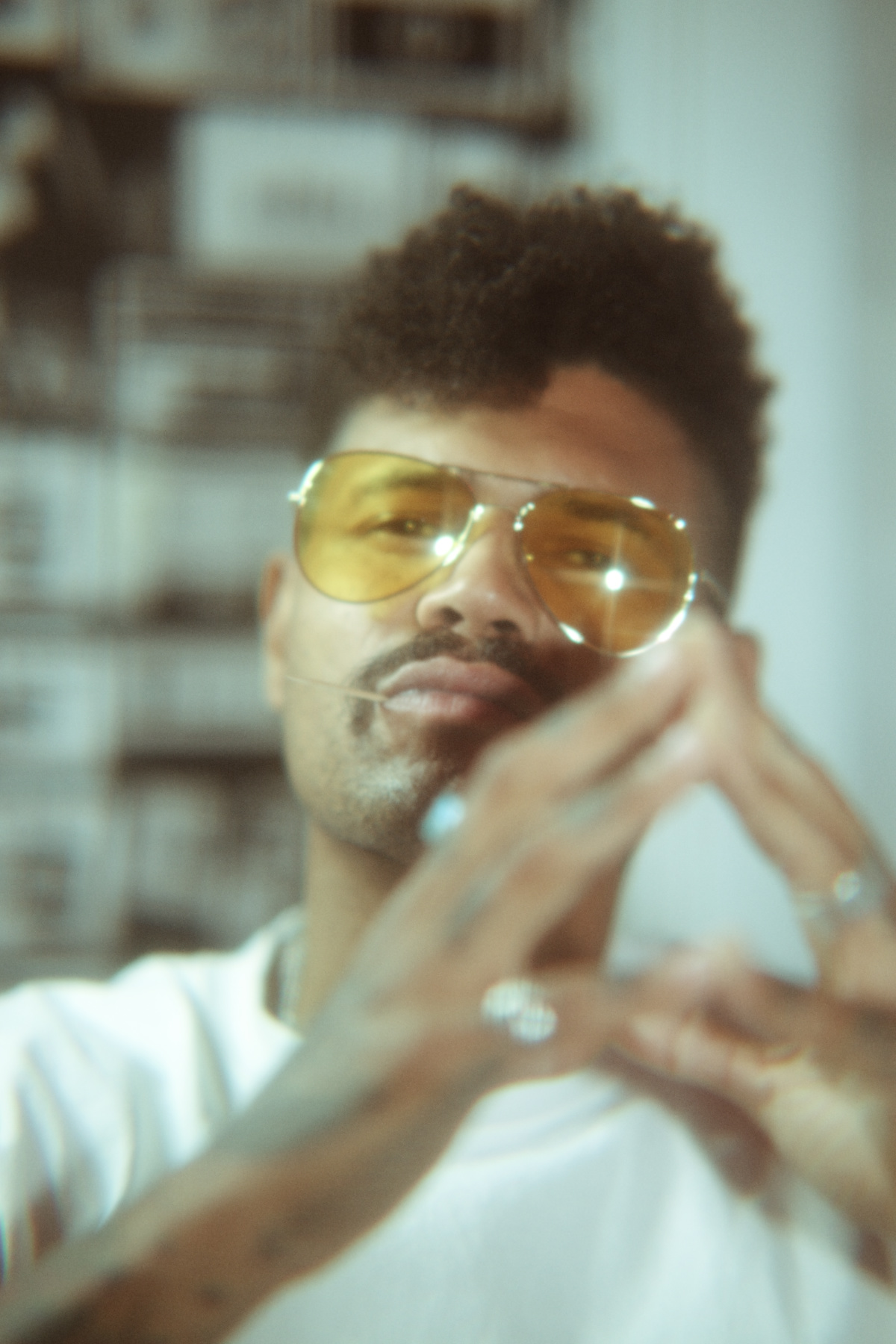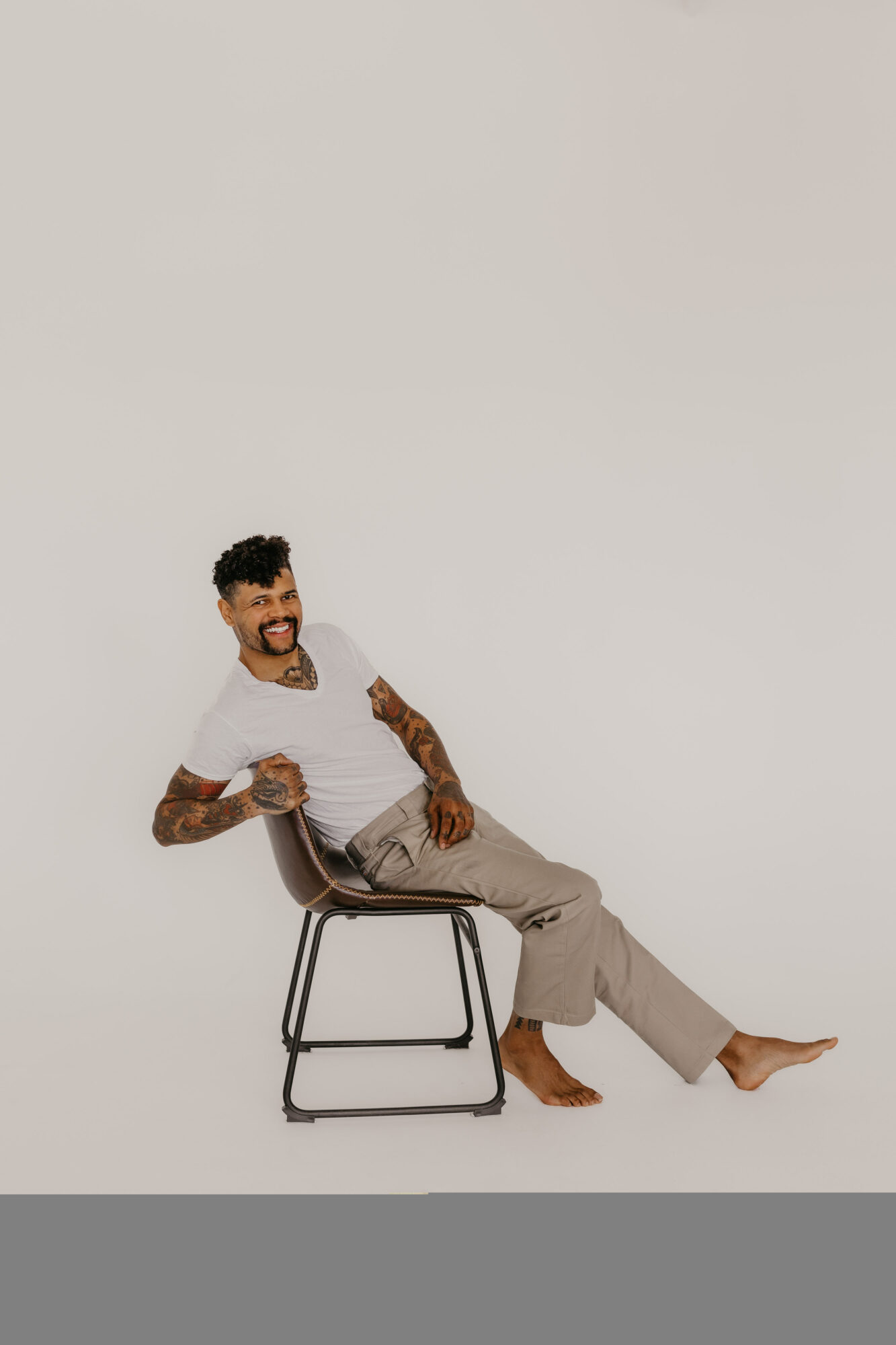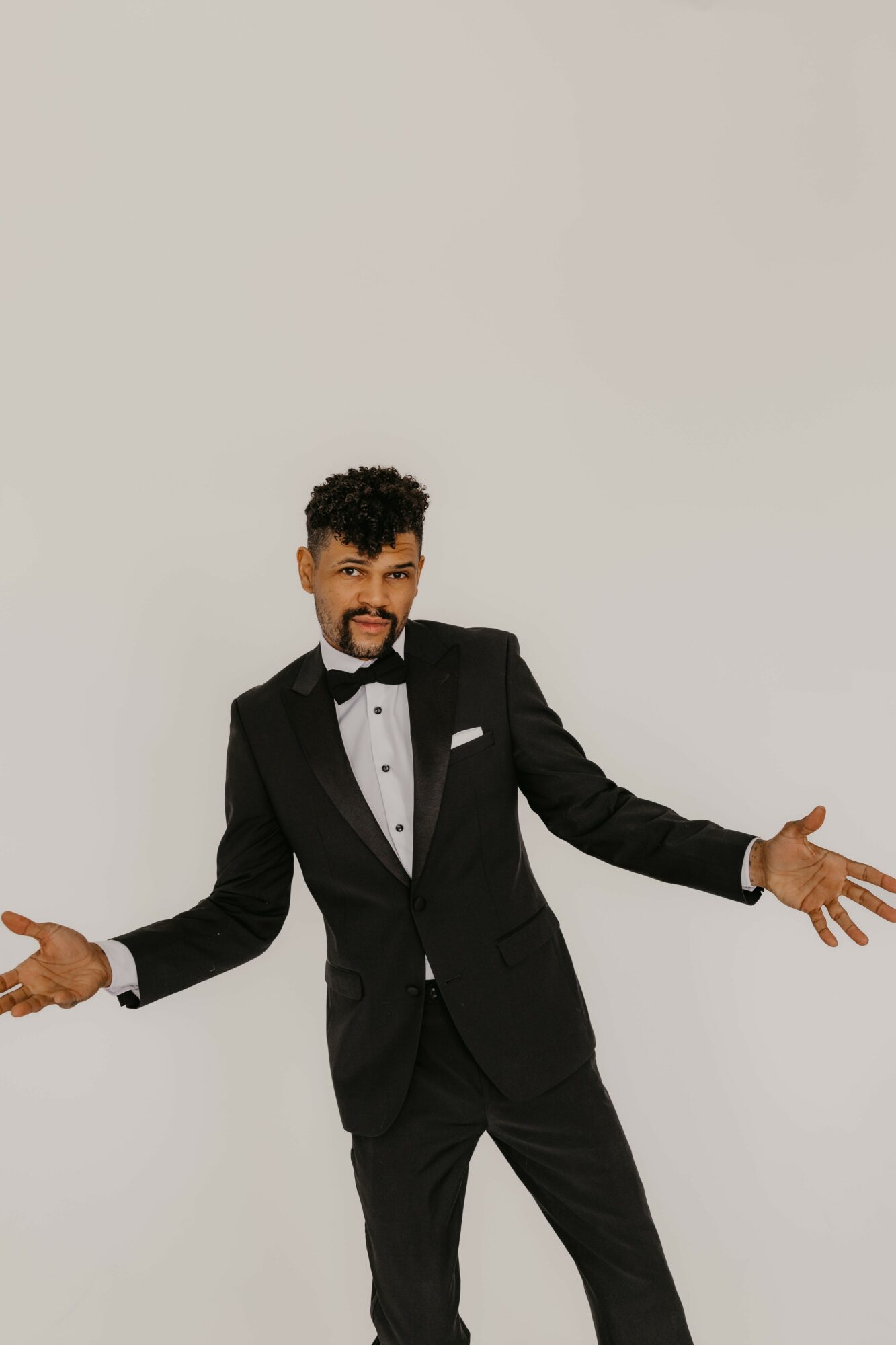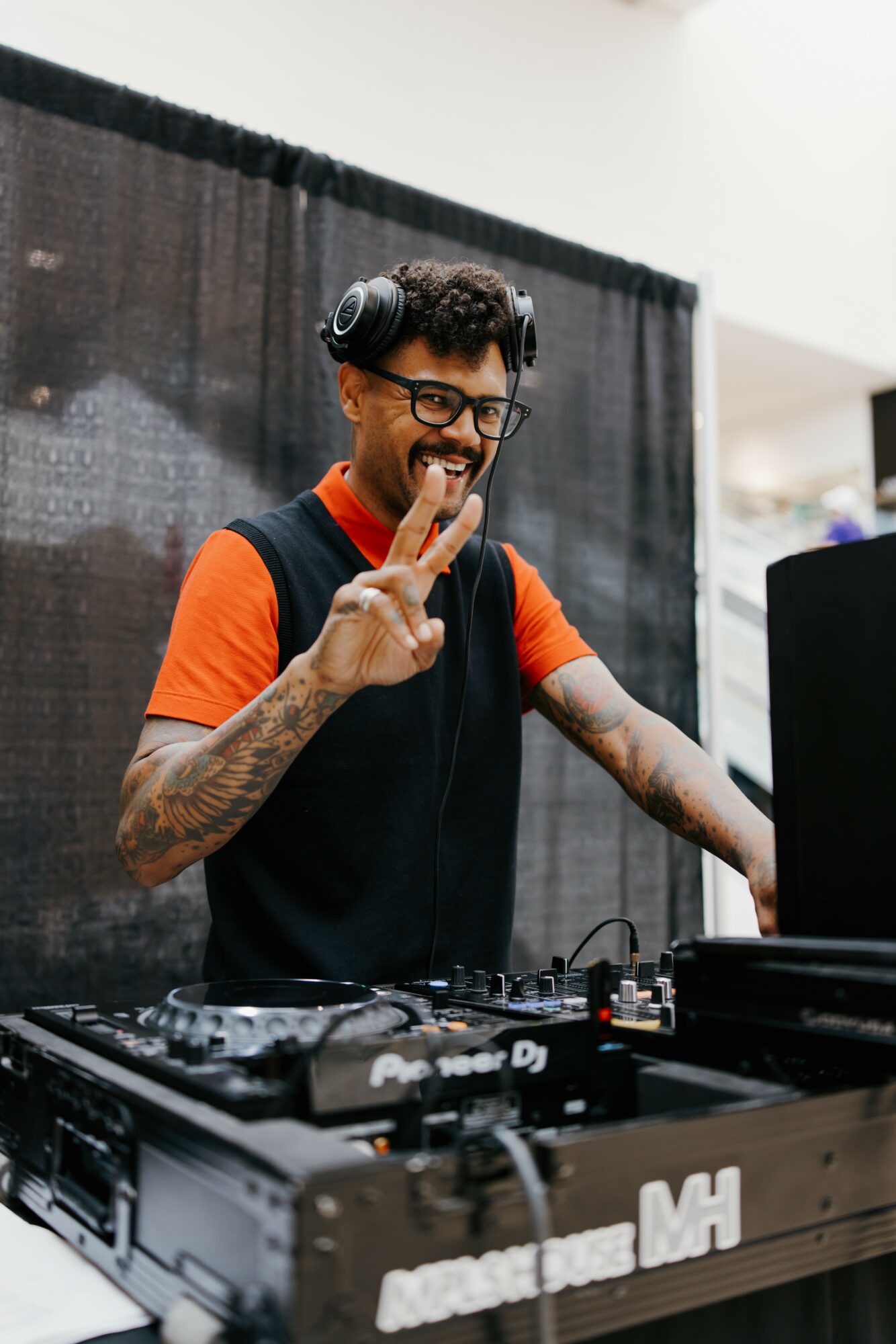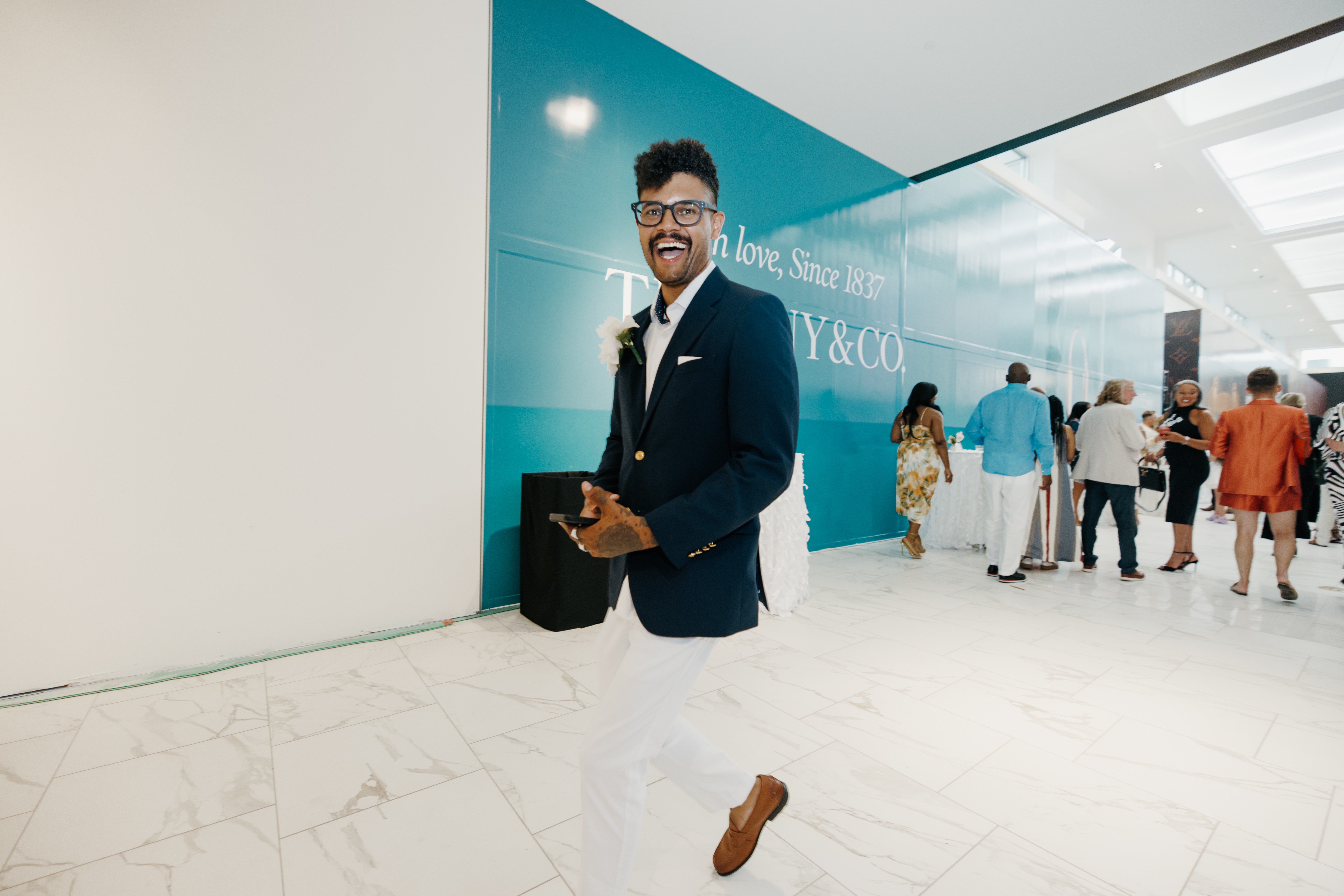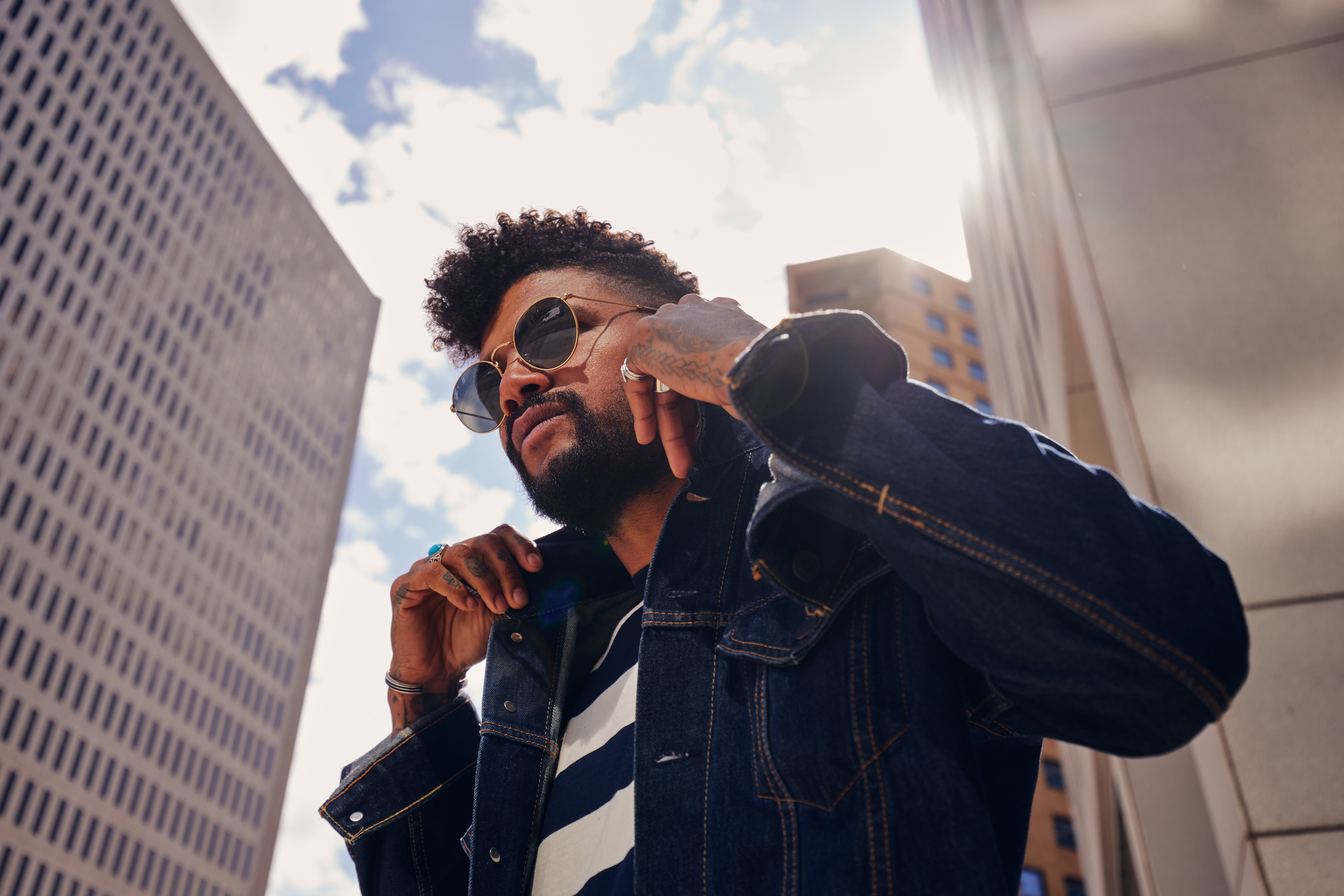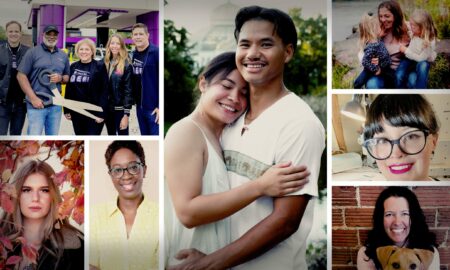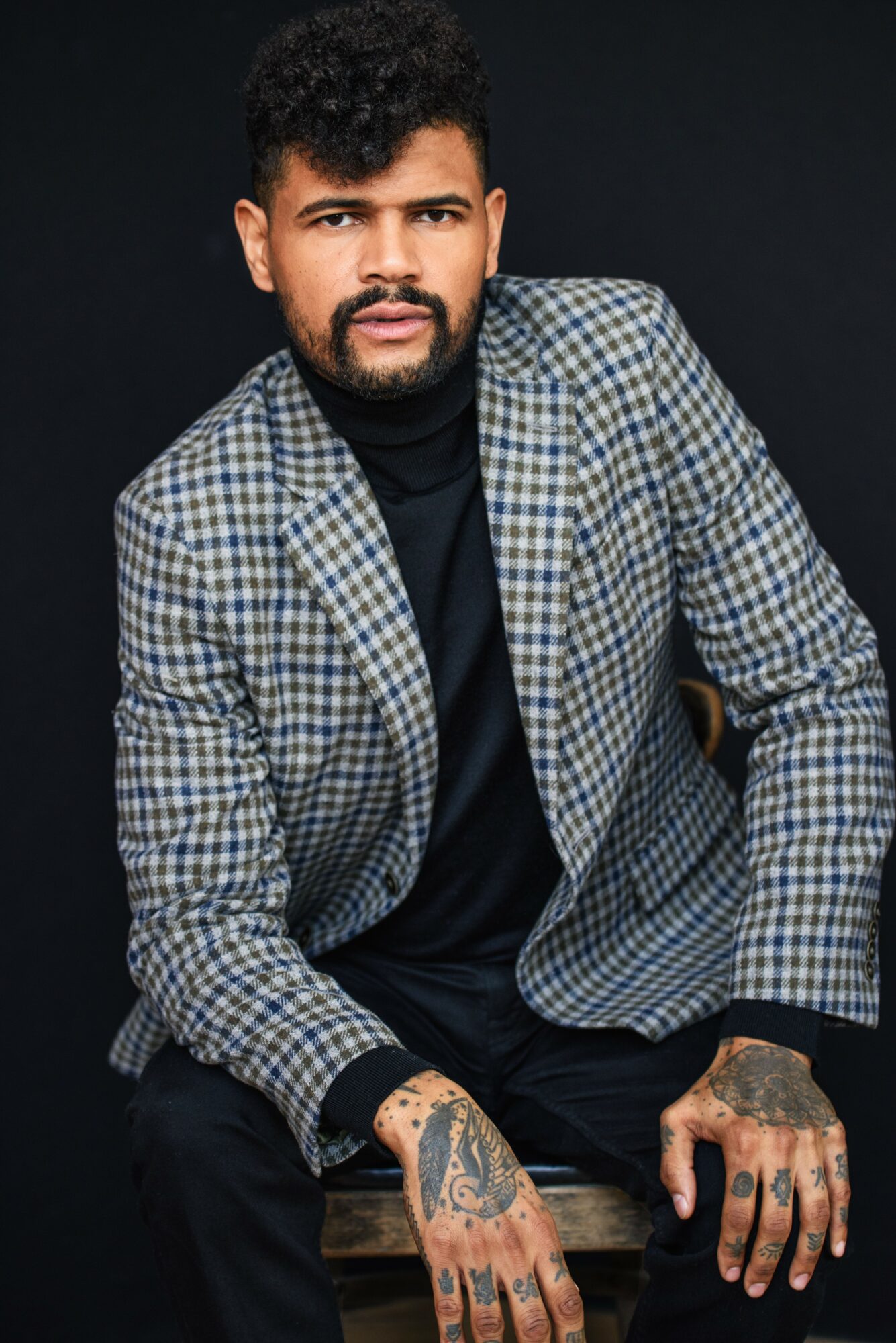

We recently had the chance to connect with ANGEL BELOVED and have shared our conversation below.
ANGEL, it’s always a pleasure to learn from you and your journey. Let’s start with a bit of a warmup: What is something outside of work that is bringing you joy lately?
I would have to say traveling is a big part of what brings me joy, as it expands my worldview and inspires the way I approach music, relationships, and day to day life. Most recently I have gone to Guatemala and Belize. Just seeing how the Mayans lived and getting the opportunity first hand to see the unknown – taking all the information in and deciphering what it all means, the lives that once lived there, and the energy that still resonates and breathes in that space… it is a profoundly powerful spiritual experience every time I travel. I always come back with a renewed sense of self, ready to tackle anything that may come my way. I try to travel at least twice a year in order to maintain this renewed sense of self.
Can you briefly introduce yourself and share what makes you or your brand unique?
My name is Angel Beloved, and I am the co-founder and creative director of MPLS HOUSE (MH), a local artist collaborative in Minneapolis that is passionate about connection, creation, and inspiration. MH is a house of many artistic endeavors, with our primary focus over the years being on music. This focus is demonstrated both through producing and DJing. DJing over the past few years has changed dramatically for us, as we have shifted more away from parties and have slowly been moving into the corporate space. This has led to us being fortunate enough to secure various new partnerships, including but not limited to, O’Shaughnessy Distillery, RockStar DJs, Hewing Hotel,Southdale Center Mall, Bellosounds, Modist Brewing, and Women’s Advocates. We never take these partnerships for granted, as each one provides us with the opportunity to continue to grow, improve, and challenge ourselves. We are consistently taking in crowd and partner feedback so we can be the best collaborators possible. When it comes to producing, over the past 7 years, we have released 5 EPs, two in collaboration with local producer Jeff Swiff. The support and skills we have received from Jeff and others has been invaluable. We have been seeking a way to further elevate our producing knowledge, so with that I am excited to share that over the past year, MH has actually been expanding on our original studio space to create our own recording studio. We are hoping that with this space we can continue producing more original MH tracks at a consistent rate, while also offering it as a space for welcoming in new collaboration opportunities.
Thanks for sharing that. Would love to go back in time and hear about how your past might have impacted who you are today. What did you believe about yourself as a child that you no longer believe?
These interviews are always bound to get vulnerable, and I appreciate the realness. As a child, I was raised by my grandmother until I was about five years old. At that point, she unfortunately was no longer able to raise me, and I was placed in an orphanage. I was so terrified, angry, bitter, and rarely wanted to speak or even hold eye contact with others. Looking back now, I can identify that all of those emotions and actions were stemming from a place of feeling so unloved during that time. I thought I had done something wrong that led to me being placed in this orphanage, and I didn’t know what it was that I could do to change what had happened. I felt so powerless. A few years into living at the orphanage, a married couple began volunteering there. I soon learned their names, Phil and Liz, and slowly began developing a trusting relationship with them. Phil and Liz began fostering me when I was around 7 years old, and eventually became my parents when they adopted me around 11 years old. While I was grateful to no longer be living in fear at the orphanage, I had a new battle to face; one of still feeling unworthy of being shown love and kindness. This was something I struggled with well into my adult years. People would show me an unprecedented amount of understanding and care and I would push them away, convinced I didn’t deserve it or that it came with conditions. Instead I sought out temporary dopamine in casual encounters and rarely allowed myself to connect deeply with someone. It took years of therapy, unwavering patience from my parents, and experiencing unconditional love from others in my life, but I finally began to believe that I indeed was worthy of the love, understanding, and compassion that others wanted to give to me. Not only that, but I accepted that it was safe to offer these same things back to those who showed it to me. Unlearning that feeling of unworthiness was one of the best things I ever worked towards, as it ushered in an insurmountable amount of blessings and relationships that I would have otherwise missed out on.
When you were sad or scared as a child, what helped?
The answer to this question changed throughout my childhood due to the displacement that I spoke about. The first five years of my life, when I would become frightened, I remember that seeing my grandmother be calm signaled to me that things were ok. I trusted her more than anyone, and she always took care of me, no matter how little she had. She just made it work. I also recall I would sit on her lap as she rubbed my back to regulate me when I was sad or scared. However, once I was placed in the orphanage, I had to find a new source of comfort. From what I can recall, I found comfort in learning about God, and the concept that there was a being with infinite power and wisdom who was looking out for me. The idea that this being knew more than I did, and had my best interest in mind, gave me hope that things would turn out ok.
Alright, so if you are open to it, let’s explore some philosophical questions that touch on your values and worldview. Whom do you admire for their character, not their power?
When I think about someone I admire for their character rather than their power, I immediately think of my adoptive dad, Phil. He’s always embodied what I believe healthy masculinity should look like. He was the first man I ever saw cry—and witnessing that vulnerability as a child was deeply profound. It challenged everything I had been taught, directly or indirectly, about what it meant to be a “man” in our society. Unlike so many examples of masculinity rooted in dominance or emotional distance, my dad never felt the need to assert control or show power. His strength has always come through in quieter, more meaningful ways—through his courage, patience, kindness, and creativity. He’s loving, emotionally available, endlessly curious, and truly a jack of all trades. Whether he’s fixing something around the house or sharing his love for music and nature, his presence is steady and warm. He and my mom also taught me to respect and connect with the earth. Their shared love for nature became a value that’s deeply woven into who I am. But what stands out most when I reflect on my dad’s character is his patience. Even as a kid, when I didn’t fully recognize its depth, it was always there. That patience shaped the way I saw myself and the world—allowing me space to grow, make mistakes, and still feel loved. Now that I’m an adult, he continues to remind me that he’s never done being a parent. He still nurtures me, still shows up with the same quiet consistency. When he says, “I’ll always be here,” it gives me a peace I didn’t even realize I needed as a grown person. I admire my dad not because he holds any power over others, but because of how deeply rooted he is in compassion, humility, and emotional integrity. His character has taught me that strength and softness are not opposites—they belong together. I never stop learning from him, and I never stop admiring the father, and the human being, that he is.
Before we go, we’d love to hear your thoughts on some longer-run, legacy type questions. Are you doing what you were born to do—or what you were told to do?
When I was younger, I would say I was doing what I was told to do—at least to some extent. My parents always encouraged me to follow my passions, but the louder voice often came from society, which insists that success is tied to status, titles, and making exorbitant amounts of money. That voice had a way of creeping into my mind, even when I was pursuing the things I loved. It took years to untangle those narratives and figure out how to balance what I felt called to do with what I felt pressured to do. I’ve been a creative person my whole life—dancing, DJing, exploring different artistic paths. Not being an artist never really felt like an option. Creativity is the lens through which I’ve always seen the world. But living in a society where art is often undervalued unless it’s commodified or attached to fame made me question whether I could really build a life around it. Eventually, I found my way into youth work—specifically working with young people experiencing homelessness. What started as a job quickly became a passion, something I genuinely cared about. I realized that this, too, was a form of creativity: helping young people build something out of hardship, co-creating possibilities in spaces where society had given up on them. It grounded me in my purpose. Today, I’m fortunate enough to do work that blends both art and youth advocacy. I get to use my creativity not just for self-expression, but in service of others—creating spaces where young people can tap into their own voices, identities, and healing. Around my full-time job, I continue to pursue my personal artistic endeavors, which remain essential to who I am. So, to answer the question: I’m doing what I was born to do. But getting here required unlearning what I was told to do. It meant challenging traditional definitions of success and carving out a path where passion and purpose could coexist. I didn’t choose one over the other—I built a life that honors both.
Contact Info:
- Website: https://mplshouse.com
- Instagram: @mplshouse
